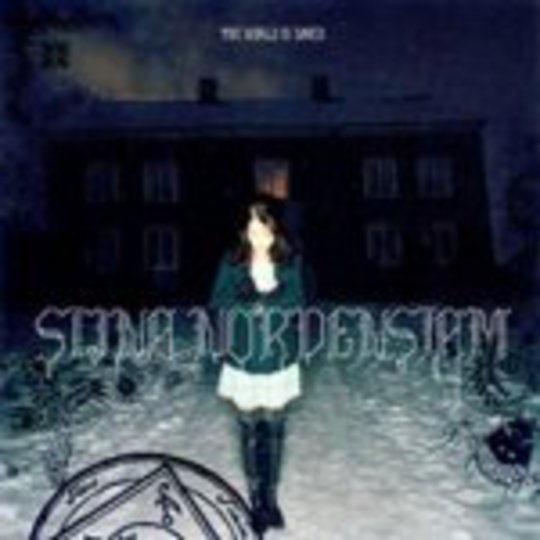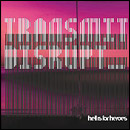"The World Is Saved" is one of Stina Nordenstam's most restrained records yet. It throbs with quiet confidence and the underplayed melodrama that has come to typify her work. Not for her crashing symphonies of angst and woe and regret; Nordenstam's songs tell stories that are the sadder for their everyday, prosaic inevitability; the unavoidable crumbling of relationships, the daily struggle of people living on the street, and the quiet demons that lurk inside everyone.
'Parliament Square', with its weary story of homeless life, recalls some of the jazz influences of her first album, with flickers of saxophone darting through the bleak narrative. Throughout much of the record, though, the instrumentation exists minimally in the background; while she employed a host of musicians to create the texture of this record, their talents are never allowed to outshine the songs. The only real exception is 'Butterfly', where the percussion and mandolin skip and patter their way playfully through the song.
Her vocals, famed for their delicate, glassy quality, have grown enormously in confidence - once little more than a charming but fearful whisper where her vocal chords shrank timidly from the melodies they tried to scale, her voice is now deeper - she's less the little girl that fled through the songs of her previous records, more the self-assured woman that produces and arranges nearly all of her own work. It's hard not to miss the intimacy of her earlier vocals though; her voice is more uniform than it's ever been, and having taken on a somewhat sullen quality, lacks some of the emotional turmoil and poignancy of earlier days.
"The World Is Saved" is by no means Stina's best work; it's a relaxed record for her, and takes few risks. It is, however, a consistent record that blossoms with repeated listening, and her fans will find much to like in it.
-
7Gen Williams's Score






















